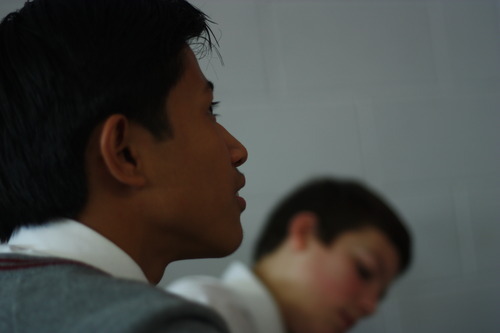
Are you creative? Not very many people say yes. Many people think of themselves as blankly uncreative; that they can’t draw, they’re not good at coming up with ideas – but everyone has the capacity (as with anything).
After listening to a brilliant podcast on the source of creativity, here are a few things that were brought to mind.
Be inspired. There are things out there that spark your curiosity. You’ll know the feeling; getting an idea after hearing something, seeing something, hearing something. Being creative is about using those inspirations as best you can.
And, apparently, you don’t need to look very far. Sting, after feeling like he’d run out of songs (he had written quite a few), returned to his hometown and realized that it contained endless inspiration, which eventually lead to his acclaimed musical The Last Ship. It was the little memories that he didn’t think were that important that set his mind whirring the most.
Don’t care. Did you know that when you enter a ‘creative mode’, the part of your brain responsible for conscious self-monitoring shuts down? It stops caring – it is no longer worrying about how you are behaving and how you might be judged. This means that you are no longer inhibited and more willing to make mistakes. Lesson: don’t be afraid to be an idiot.
Work on something you’re interested in. Have you ever been told to ‘follow your passion?’ Have you ever wanted for the person that said that to you to be harmed because they haven’t understood the crux of the issue; that you don’t know what your passion is? Instead, Elizabeth Gilbert suggests that you follow something that you’re curious about, something that you’re interested in. It might lead somewhere, but the worst that can happen is you spend your life learning and exploring the things that you’re fascinated by.
We definitely recommend that you check out the full podcast here: TED Radio Hour - The Source of Creativity

_3.png)



